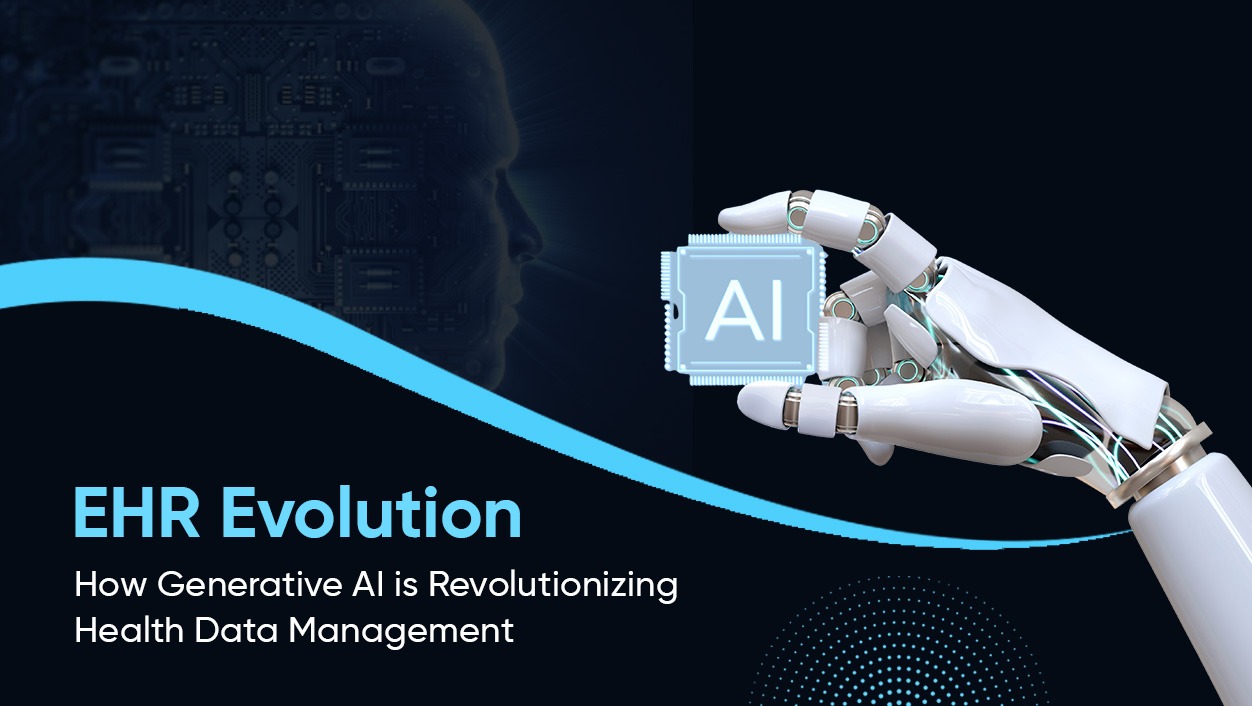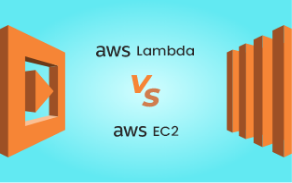In the dynamic platform of healthcare, the proficient management of health data has become the keystone of progress. Over time, the evolution of technology and data management practices has catalyzed the emergence of more efficient, precise, and secure methods of handling healthcare information. Among the recent groundbreaking developments, the integration of generative artificial intelligence (AI) stands as a harbinger of a revolutionary transformation in health data management.
The Evolution of Health Data Management
To grasp the profound implications of generative AI in health data management, it’s imperative to briefly trace the trajectory of this field’s evolution.
Manual Record-Keeping (Paper-Based Era)
Historically, healthcare professionals relied on handwritten records and paper-based systems for documenting patient information. While functional, this method was labor-intensive, error-prone, and limited in terms of data accessibility.
Electronic Health Records (EHRs)
The advent of electronic health records (EHRs) marked a pivotal leap forward. These digital systems empowered healthcare providers to efficiently store, retrieve, and share patient data. Nevertheless, data entry and retrieval remained largely manual processes.
Interoperability Challenges
As EHRs gained prominence, challenges related to interoperability emerged. Different systems often adopt incompatible formats and standards, impeding the seamless exchange of data among healthcare institutions.
Big Data and Analytics
The proliferation of digital health data ushered in the era of big data analytics. This development allowed healthcare organizations to glean valuable insights from extensive datasets, thereby enhancing clinical decision-making and fostering research.
The Ascent of Generative AI
Enter generative AI, a transformative force in health data management. This state-of-the-art technology harnesses deep learning algorithms to generate data, text, and even images that emulate human-like patterns. Here’s how it’s revolutionizing the field:
The Role of Generative AI in Health Data Management
Data Augmentation:
Generative AI can craft synthetic datasets that strikingly resemble genuine patient data. This capability is a boon for researchers and healthcare professionals, as it facilitates working with large, diverse datasets while preserving patient privacy.
Natural Language Processing (NLP):
Generative AI, powered by natural language processing, can swiftly and accurately transcribe, summarize, and extract insights from medical records and clinical notes. This not only saves time but also elevates the precision of diagnoses and treatment plans.
Drug Discovery:
AI-driven generative models are actively aiding researchers in designing novel drugs and forecasting their potential efficacy. By simulating molecular structures and interactions, generative AI expedites drug development processes, potentially ushering in breakthrough treatments.
Personalized Medicine:
Healthcare providers are increasingly harnessing generative AI to customize treatment plans for individual patients. By scrutinizing a patient’s genetic data, medical history, and lifestyle factors, AI algorithms can recommend the most efficacious interventions.
Predictive Analytics:
Generative AI has the capacity to anticipate disease outbreaks and healthcare trends by dissecting extensive datasets encompassing patient demographics, geographical information, and clinical records. This predictive capability is invaluable for resource allocation and public health planning.
The Future of Health Data Management
While generative AI is still in its nascent stages within the healthcare sector, its potential is boundless. As the technology matures, we can anticipate even more transformative applications. These may encompass AI-generated medical imaging, sophisticated disease modeling, and the creation of virtual health assistants adept at conversing with patients in natural language.
However, with great power comes great responsibility. The adoption of generative AI in health data management must be accompanied by stringent ethical guidelines and robust security protocols. Ensuring the privacy and security of patient data should remain the paramount concern as this revolutionary technology becomes increasingly enmeshed in healthcare workflows.
Conclusion
To sum up, generative AI represents a remarkable leap forward in the domain of health data management. Its aptitude for generating synthetic data, decoding intricate medical records, expediting drug discovery, and prognosticating healthcare trends positions it as an instrumental tool in enhancing patient care and propelling medical innovations. Embracing this technology necessitates a thoughtful and conscientious approach, ensuring that its immense potential serves the betterment of global healthcare while preserving the integrity of patient data.
Dorustree is committed to harnessing this technology responsibly, preserving patient data integrity, and advancing global healthcare.







